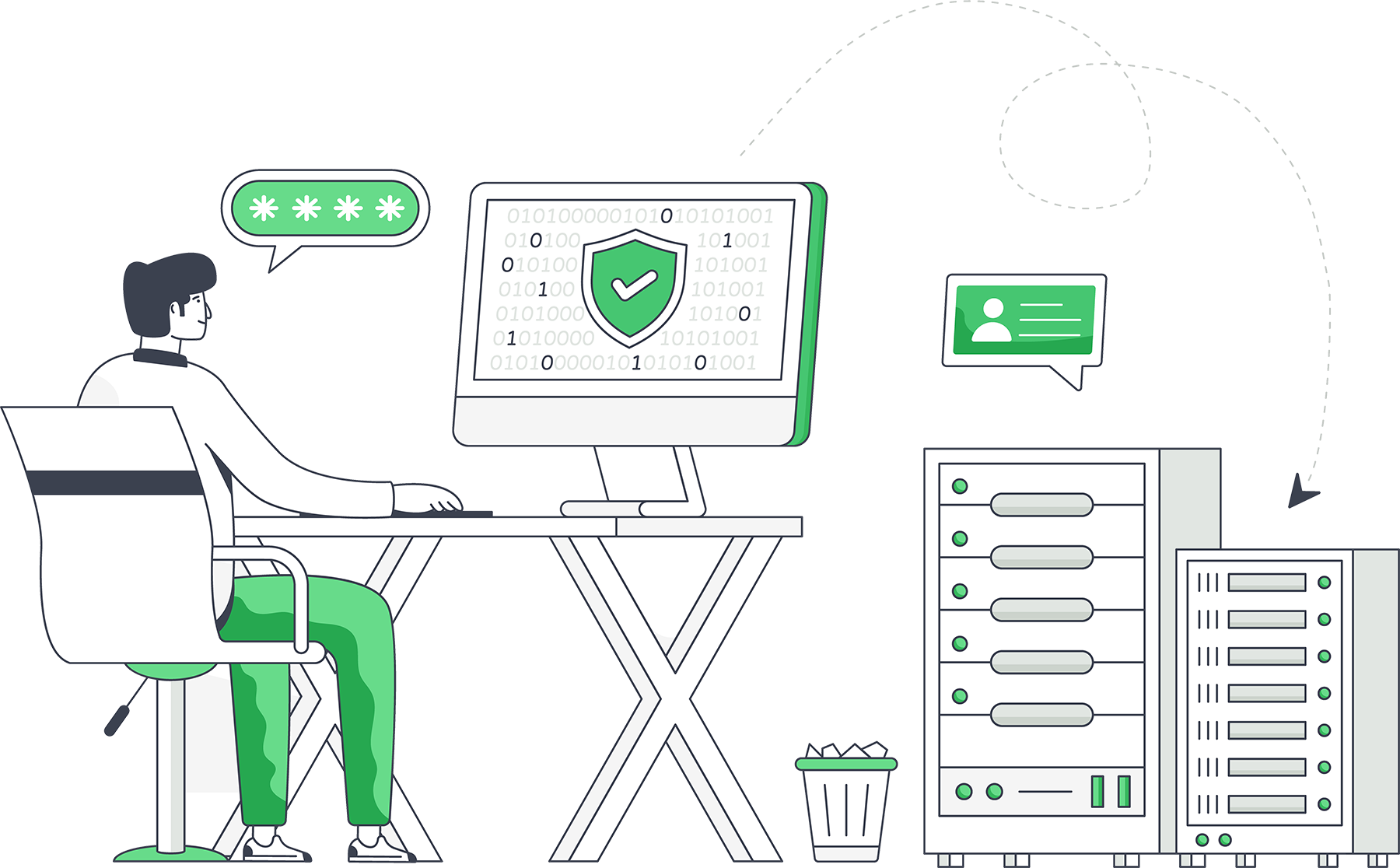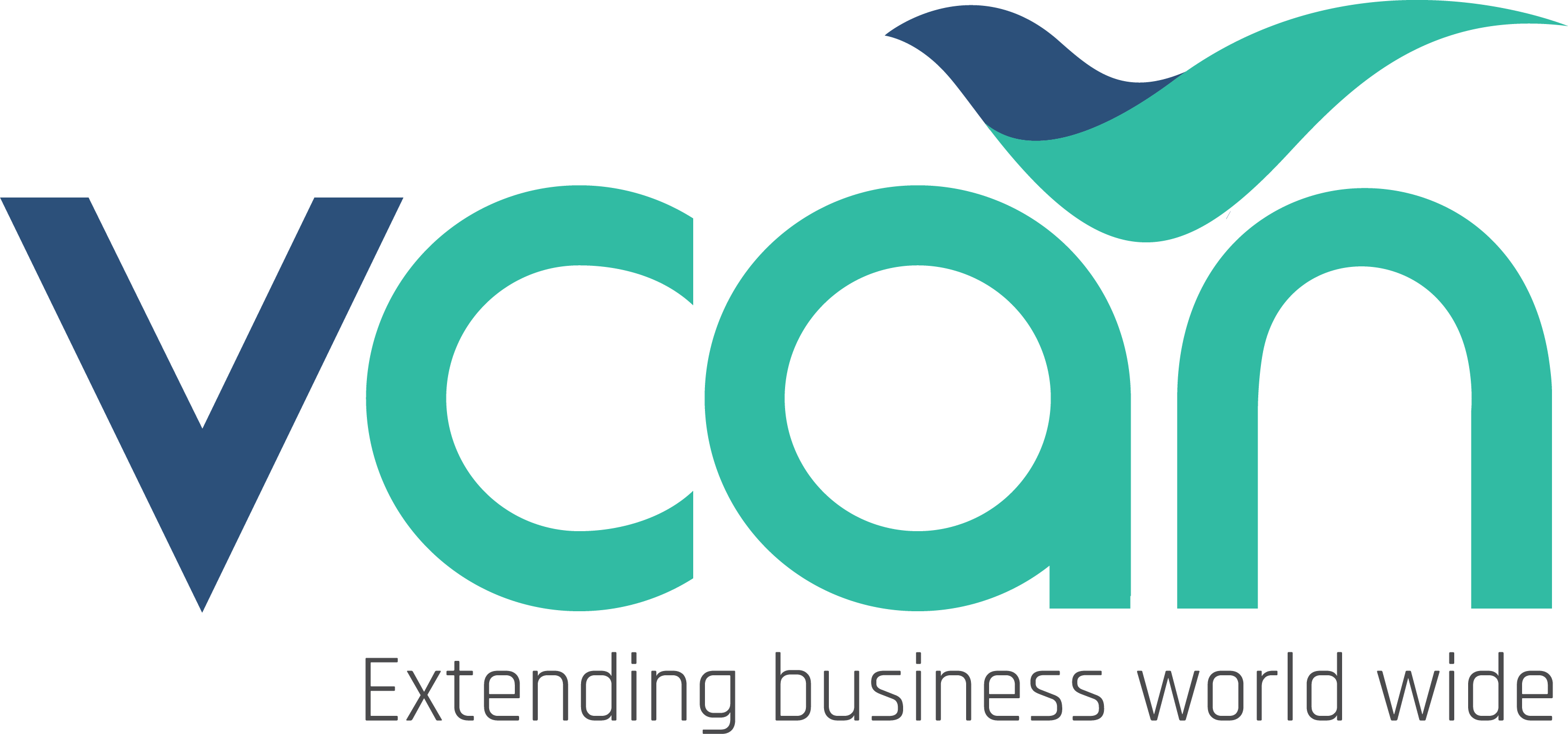Overview
Cloud-Based Solution for Complete Data Protection
Endpoint Backup is a comprehensive backup and disaster recovery (BCDR) solution designed specifically for Managed Service Providers (MSPs) to safeguard their clients’ critical data.

Centrally manage endpoints and support end-users easily, efficiently, and at-scale
Comprehensive Security
Endpoint management provides a holistic and proactive approach to security, ensuring that all devices are protected against malware, viruses, and other cybersecurity threats. By enforcing security policies and regularly updating software, endpoints are less vulnerable to attacks.
Centralized Control
Endpoint management allows for centralized monitoring and control of all devices within the organization’s network. This centralized approach streamlines management tasks, reduces administrative burden, and enhances operational efficiency.
Risk Mitigation
By keeping endpoints up to date with the latest patches and security updates, endpoint management minimizes the risk of security breaches and data leaks, helping organizations stay compliant with regulations and industry standards.
Remote Management
Endpoint management enables IT administrators to manage devices remotely, even for off-site or remote users. This capability is particularly valuable in today’s flexible work environments.
Enhanced Productivity
Maintaining the health and performance of endpoints leads to improved productivity among employees. With fewer technical issues and faster support response times, employees can focus on their core tasks more effectively.
Asset Visibility
Endpoint management provides a comprehensive inventory of all devices connected to the network, offering insights into hardware and software configurations. This visibility aids in resource planning and asset management.
Data Protection
Through encryption and data access controls, endpoint management safeguards sensitive data, even on mobile devices. In case of theft or loss, organizations can remotely wipe data from devices to prevent unauthorized access.
Scalability
Endpoint management solutions are scalable, making them suitable for organizations of various sizes. They can adapt to growing or changing IT environments, accommodating new devices and endpoints seamlessly.
Improved Compliance
With the ability to enforce security policies and monitor compliance across devices, endpoint management helps organizations meet regulatory requirements and adhere to industry standards.
Proactive Issue Detection
Endpoint management solutions often include real-time monitoring and reporting, enabling IT teams to detect and address potential issues before they escalate, reducing downtime and associated costs.
Endpoint management solutions typically offer a wide range of features designed to efficiently manage and secure devices within an organization's network.
Features of EndPoint Management

Protect all Windows Endpoints
Secure desktops, laptops, servers, virtual machines (VMs), and cloud instances, regardless of location (primary data centers, remote offices, or cloud environments).

Cost-Effective and Profitable
Our Endpoint Backup offers a flat-rate pricing model, ensuring affordability for clients and healthy margins for MSPs.

Image-Based Backups
Perform complete system backups, capturing not just data but also system configurations and applications, enabling swift recovery of entire systems.

Ransomware Protection
Safeguard against data loss from ransomware attacks with automated backups and secure cloud storage.

Centralized Management
Manage all endpoint backups from a single, user-friendly Backup Portal, streamlining operations for MSPs.

Disaster Recovery
Facilitate rapid recovery of entire systems or specific files in case of downtime or data loss events.
Stay Operational, No Matter the Disaster
Benefits of End Point Backup and Disaster Recovery
Peace of Mind
VCANTech Endpoint Backup provides complete data protection, minimizing the impact of data loss and ensuring business continuity.
Enhanced Efficiency
Automated backups and centralized management save MSPs valuable time and resources.
Improved Client Satisfaction
Offer robust data protection to clients, fostering trust and loyalty.


